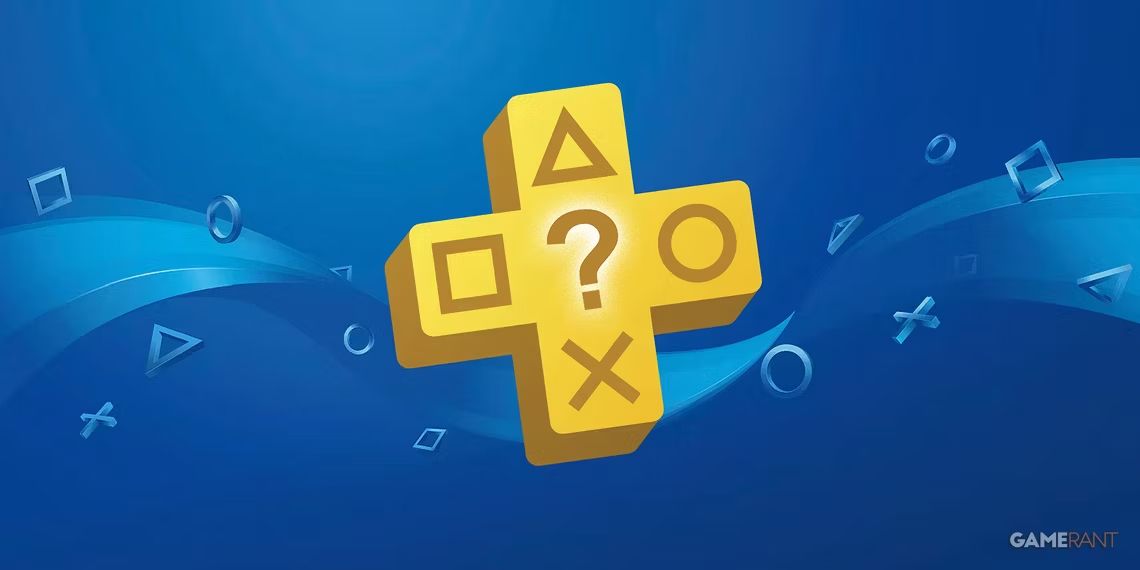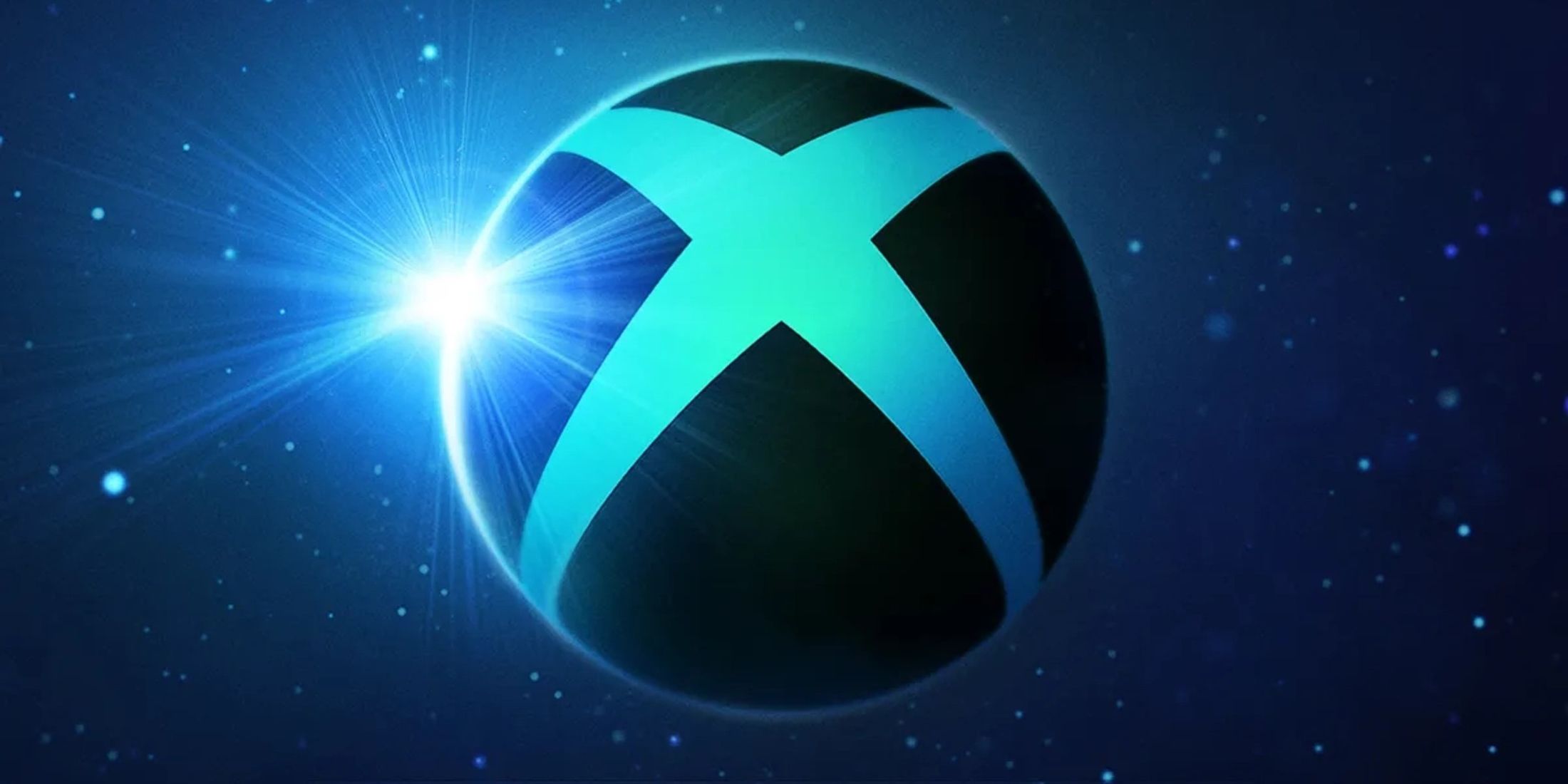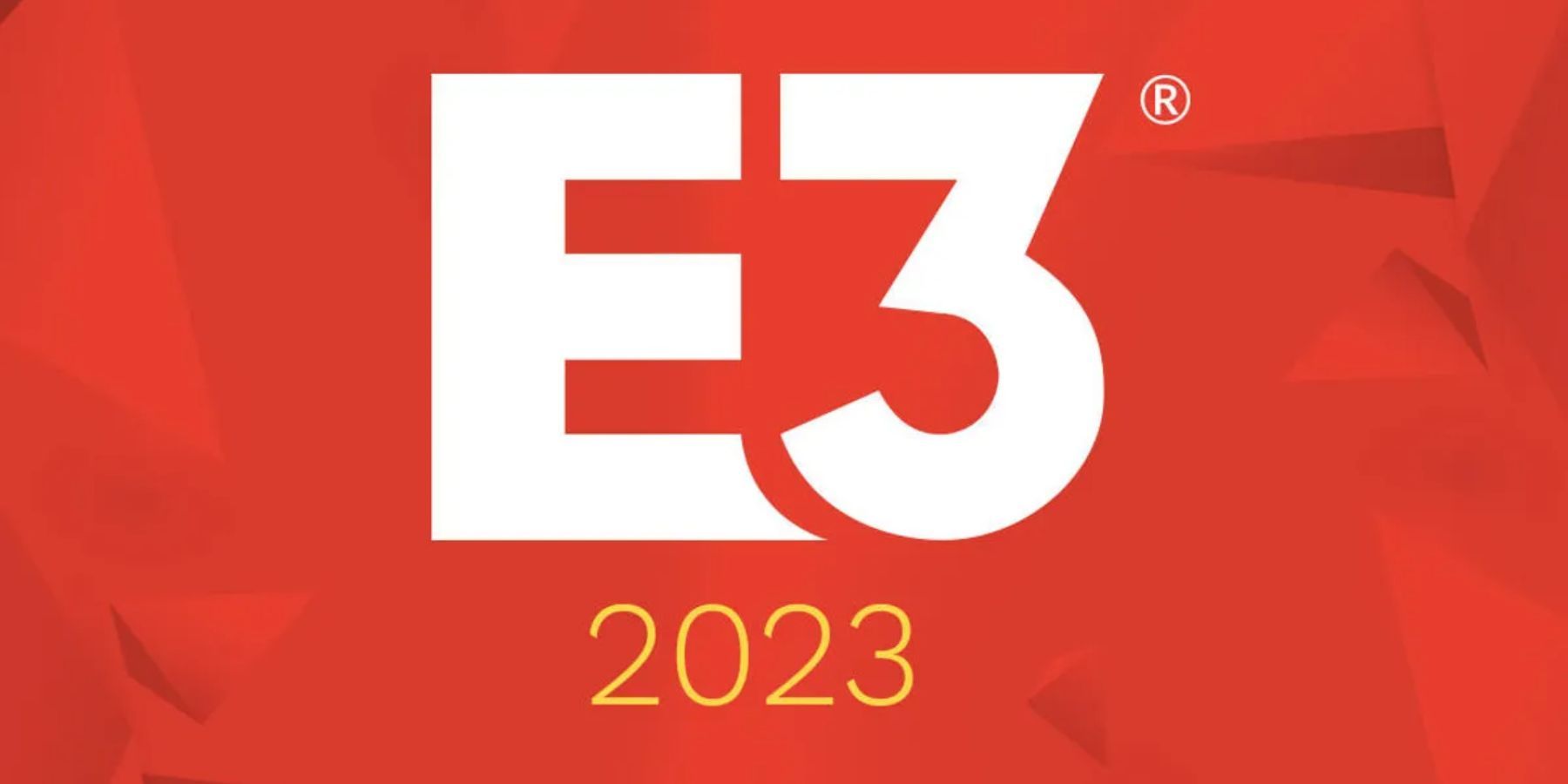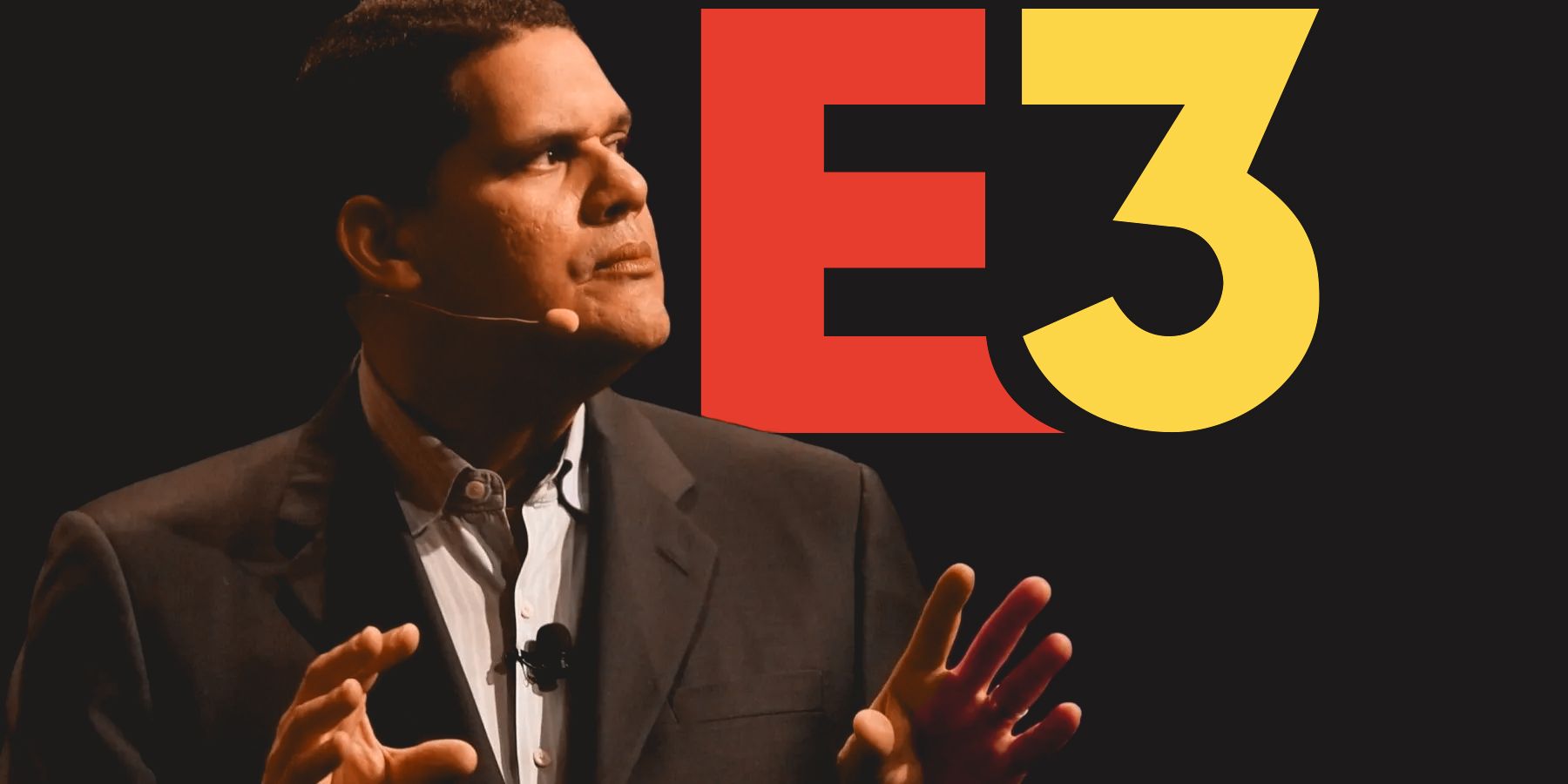After years of uncertainty, it's finally happened: E3 has been canceled due to a lack of interest and attendance. Since 1995, this industry showcase has been a focal point that the game industry could rally around. Developers, publishers, journalists, and gamers alike all came together, if not in person then through event coverage, to see the future of gaming. E3 has had various problems over the years including dealing with crowds and the need for private and public sections, but this cancelation might have put a stop to the festivities for good.
The lead up to E3 halting its 2023 plans began with a bang, as early in the year credible sources indicated that all three game console manufacturers had pulled out of the show. Around that time, it was confirmed that Microsoft would have a separate show alongside a Starfield presentation, and rumors of more companies pulling out spread. Once Ubisoft confirmed that it had indeed pulled out despite announcing earlier that it would have an E3 show, E3's official cancelation quickly followed. With a blow this severe, it seems increasingly likely that E3 will never again reach its former heights.
This Is The Latest In A String Of E3 Failures
Unfortunately, many long-time E3 viewers and participants have seen the writing on the wall. What was once an event for industry leaders suddenly had a major public angle that let visitors try the latest demos, even if this choked up the venue even more than it already was. While this was the primary tension that many were aware of, it wasn't the only one. Even the core publisher-driven conferences became more bloated and awkward as the years went on, contributing to Sony's last conference being in 2018. This culminated in a 2019 PR disaster where personal details for over two thousand journalists and influencers were accidentally leaked.
However, all of that paled in comparison to what happened once the COVID-19 pandemic started. Health concerns meant that E3 had to be canceled for the first time ever in 2020, and many onlookers saw this as the beginning of the end. E3 was on shaky ground, and the fully online 2021 show wasn't enough to restore its good name. With the 2022 instance canceled due to continuing concerns over the Coronavirus pandemic, the game industry was given ample time to find different ways of delivering news.
The Gaming Industry Doesn't Need E3 Anymore
E3's 2023 cancelation may have been the culmination of many issues, but it also demonstrated the evolution of its replacement. Game journalist Geoff Keighley first organized the 2020 Summer Game Fest to fill in for that year's canceled E3. Its initial run ran through the season with small, repetitive shows, but it was refined in subsequent years until it was seen as an online E3 equivalent in 2022. Summer Game Fest recently poached several of E3's usual publisher associates, and has all but subsumed E3's role as a focused series of conferences. As Summer Game Fest now intends to recapture the demos and socializing of past E3's with an in-person event, it should serve as a comparable mid-June rallying point for publisher showcases.
The number of said showcases has also been growing. Nintendo's pioneered Direct format has gradually spread throughout the industry, with many publishers adopting the pre-recorded video format. Stage shows like Summer Game Fest itself and Microsoft's biggest presentations are still viewed as major events, but even they have been decoupled from E3. The public functions that E3 served have been usurped, and even if the Entertainment Software Association and ReedPop resurrect it down the line, it will almost certainly be a lesser show. E3 had a good run, but, as it was, it had no future in a constantly evolving industry.






